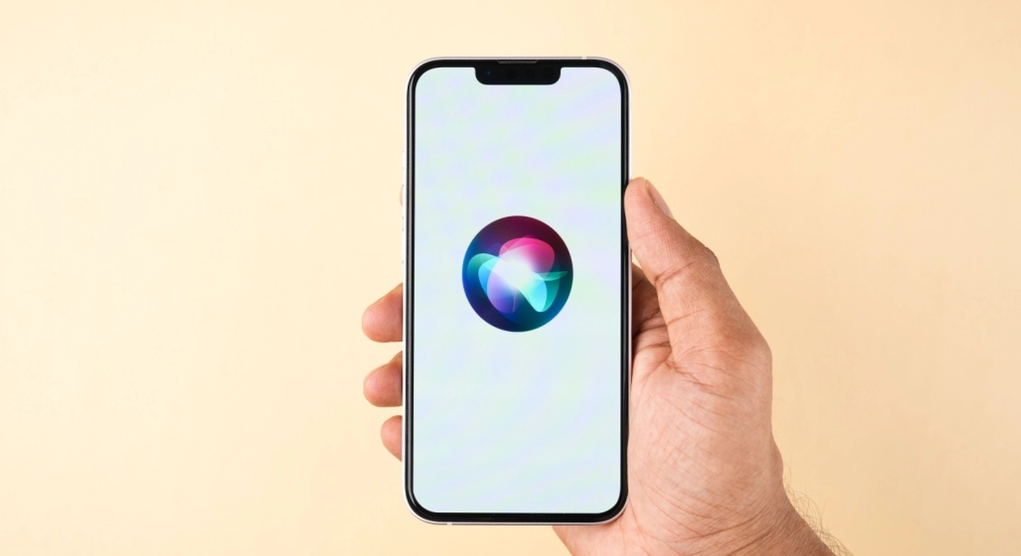The company chose to settle to avoid prolonged litigation.
Others are reading now
Virtual assistants have become a staple in modern technology, simplifying everyday tasks through voice commands.
From asking about the weather to setting reminders, these tools eliminate the need to manually interact with devices.
Among the most popular of these is Apple’s Siri, which has been integrated into iPhones, iPads, and Apple Watches for years.
While the convenience of virtual assistants is undeniable, concerns about privacy have persisted.
Also read
Questions linger about how much these assistants hear, as they must always be listening for their activation phrase — “Hey Siri” for Apple’s assistant.
Recent developments have intensified this debate, as Apple agreed to pay $95 million to settle a class-action lawsuit accusing Siri of violating user privacy, according to El Economista.
Unauthorized Recordings
The lawsuit alleged that Siri improperly recorded conversations, resulting in targeted advertisements.
Plaintiffs claimed that discussing products like Air Jordans or restaurants like Olive Garden triggered related ads, raising concerns about unauthorized data collection.
One user reported receiving ads for a surgical treatment after a private discussion with their doctor.
The class action covers incidents from September 17, 2014, when Siri first implemented the “Hey Siri” feature, through December 31, 2024.
Although Apple denies any wrongdoing, the company chose to settle to avoid prolonged litigation.
As part of the settlement, members of the lawsuit — estimated to number in the tens of millions — may receive up to $20 per Siri-enabled device, including iPhones and Apple Watches.
Similar legal actions have been taken against other tech giants, such as Google, with a pending lawsuit regarding its Voice Assistant in federal court in California.
The settlement reignites debates about how companies handle personal information and whether users can trust their devices to respect privacy.
As voice assistants continue to evolve, these cases underscore the importance of transparency and stricter regulations to protect consumer data.

